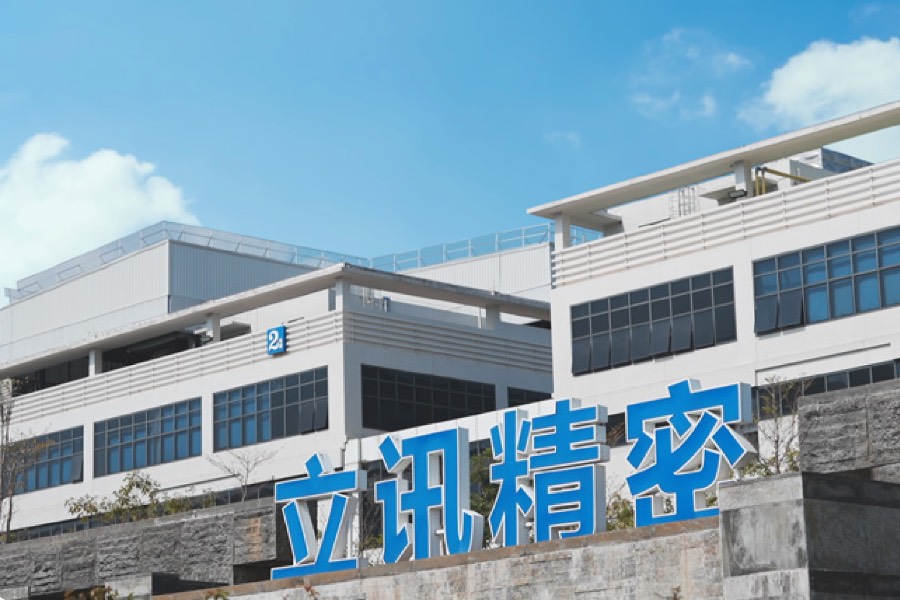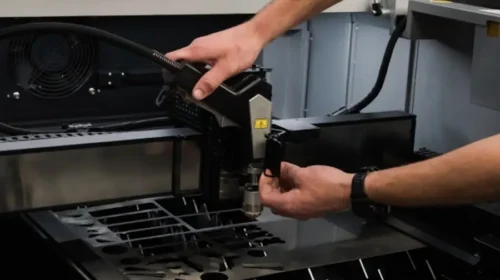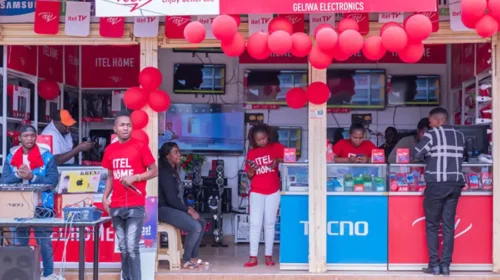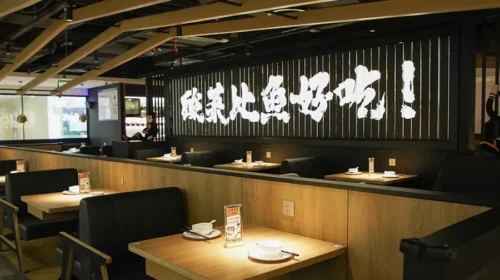Foxconn challenger Luxshare offers up its $42 billion empire to foreign investors

The contract manufacturer, one of Apple’s top China partners, has filed for a Hong Kong IPO that could reportedly raise nearly $3 billion
Key Takeaways:
- Luxshare has filed for a Hong Kong IPO to complement its current Shenzhen listing, reporting its profit grew 31% in the first quarter to 3.4 billion yuan
- The contract manufacturer, whose clients include Apple, has also been growing through acquisitions, including its recent purchase of German car cable manufacturer Leoni
By Lau Chi Hang
Hong Kong’s IPO market has been firing on all cylinders this year, attracting both up-and-coming Chinese companies, as well as industry stalwarts seeking to court more global investors to complement their domestic listings in Shenzhen and Shanghai. Among the latter group, Shenzhen-listed smartphone glass maker Lens Technology (6613.HK; 300433.SZ) made such a second listing in July, wowing global investors with its status as a major supplier to Apple.
Now, Luxshare Precision Industry Co. Ltd. (002475.SZ), another major made-in-China Apple partner, has filed for its own Hong Kong IPO, hoping to ride the ongoing listing boom to raise billions of dollars from the city’s more international pool of investors. The company has yet to give a fundraising target, but local media have reported the amount could exceed 20 billion yuan ($2.8 billion).
The company’s story is the stuff of legends in Chinese business circles. Founder Wang Laichun, one of the country’s wealthiest female entrepreneurs, was born in rural China in 1967, but didn’t want to be chained to the land or rely on a husband for the rest of her life. So, she went to the city of Shenzhen, then known as a sort of Wild West of China with business-friendly policies, to seek a better life. She arrived at the city and quickly became an assembly line worker at the first Shenzhen factory for Foxconn, the Taiwanese contract manufacturing giant that is also one of Apple’s main production partners.
Her diligence and dedication attracted the eye of Foxconn founder Terry Gou, also legendary in Chinese business circles, who plucked her from obscurity to make her a division head managing more than 1,000 workers. But Wang had bigger aspirations. In 1999, she started some business ventures with her older brother Wang Laisheng, and went on to set up Luxshare in 2004, with Foxconn as a major client. The company passed two major milestones in 2010 when it not only listed on the Shenzhen Stock Exchange but also became a supplier of Apple. It has moved from strength to strength since then, and its Shenzhen listing currently values it at 300 billion yuan.
Luxshare manufactures precision components and modules, develops vertically integrated systems and provides smart manufacturing services for global brands making consumer and automotive electronics, as well as communications companies.
Market leader
Luxshare has posted steady growth over the last three years, reporting its revenue rose from 214 billion yuan in 2022 to 268.8 billion yuan in 2024. Its profit also rose steadily over that time from 10.5 billion yuan to 14.6 billion yuan. Those trends continued in the first quarter of this year, when its revenue rose 18% year-on-year to 61.8 billion yuan, while its profit jumped 31% to 3.4 billion yuan.
The company previously forecast it would report a net profit between 6.48 billion yuan and 6.75 billion yuan for the first half of this year, representing year-on-year growth of 20% to 25%.
In terms of market share, Luxshare ranked fourth in the global smart precision manufacturing solutions industry and first among Mainland China-based companies in terms of 2024 sales volume, according to third-party market data in its listing document. The same source also pointed out that Luxshare products can typically be found in half of all smartphones worldwide, a third of wearables and a fifth of smart vehicles.
Eye on global expansion
Like many contract manufacturers catering to global customers, Luxshare has been boosting its global footprint in the last decade. It set up production bases in Vietnam and other countries as early as 2016 and expanded its capacity in Southeast Asia in 2019. It has also been expanding its product lines, diversifying beyond its production of key components and modules to developing vertically integrated systems starting in 2017. It also began providing automation solutions a year later and took on medical devices in 2022.
While much of the growth has been organic, Luxshare has also used acquisitions to broaden its capabilities. In July it acquired the ODM business of Wingtech Technology in a bid to improve its strength in electronics customization while diversifying its client base. It also recently acquired Leoni, a German car cable manufacturer with more than 100 years of history.
Operating cash outflow
While many of its financial metrics look solid, Luxshare’s operating cash flow could be a point for concern. Its operating cash flow was positive for the past three years, but suddenly turned negative with an outflow of 6.69 billion yuan in the first three months this year. The company attributed that to an increase of 5.53 billion yuan in advance payments and other receivables and an additional 3.41 billion yuan in inventory and contract fulfillment costs.
While it’s possible the outflow could be a short-term or largely a one-time thing, investors should keep an eye to see how things develop to determine whether the issues behind the reversal are temporary or could point to longer term trends.
Another challenge facing the company is its modest gross margin. What’s more, the figure is generally trending downward lately, falling from 11.9% in 2022 to 10.5% in the first quarter of this year. The company has attributed the erosion to adjustments in its product mix, leading to greater volatility in its profitability.
While some challenges exist, Luxshare looks like a generally solid bet overall, boasting growing revenue and profits, sizable market share and diversification both in terms of product portfolio and its manufacturing footprint.
If Lens Technology is any indicator, investor sentiment for Luxshare’s stock could be strong. Lens’ shares have risen over 30% in less than two months since its Hong Kong IPO, giving it a relatively high price-to-earnings (P/E) ratio of 33 times. The P/E for Luxshare’s Shenzhen-listed stock is much lower at 23 times. But given the strong reception for such industry stalwarts like Lens Technology among Hong Kong’s global investors, it’s quite possible the new listing could be valued higher than Luxshare’s Shenzhen-listed stock.
To subscribe to Bamboo Works weekly free newsletter, click here






